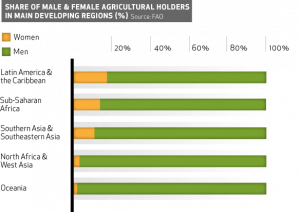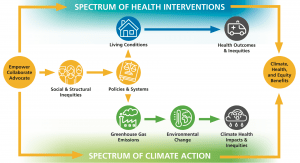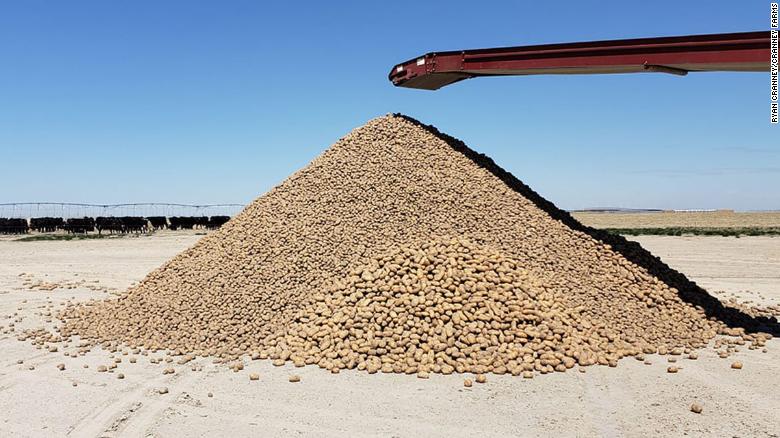Not everyone seems to be in agreement to following the guidelines of the stay at home order, reports of protest and sheer defiance of these safety precautions have been surfacing across the US. And with tensions rising, as well as anxieties building to reopen economies, many states are beginning to lift restrictions. But, there are still many who are not yet prepared to dive back into everyday life, aware that COVID’s threat still lingers, and wish to minimize their exposure and maintain healthy boundaries. A common practice many Americans have partook in, even in the thick of the stay at home order, has been the use of online and delivery platforms. Having their groceries and other essentials delivered, can be seen as a much safer alternative – and it can be assumed that many will stick to this mode of action even as states begin to reopen. Unfortunately, only a few states such as New York and Washington have made this option available to those who rely on the federally funded SNAP program. And with the majority of SNAP beneficiaries being households with disabled individuals and/or individuals ages 60+, these demographics hold those most at risk to COVID, and would benefit the most from home delivery. This being said, wouldn’t be ideal for all states to adopt this option in the face of our current crisis, and beyond?

But let’s take a deeper dive into this topic, because as much as I am a supporter of making doorstep delivery an accessible option to these millions of Americans, it is not something should be mistaken as an easy fix. Let’s take into account that states who have included SNAP benefits through online platforms, have limited these available services to Amazon and Walmart; in other words corporations large enough to quickly and efficiently take on this new “infrastructure.” And this is where we find ourselves boxed in a paradox, which is ever present within our food system along all lines of production and consumption. Much like we can accredit big agriculture for its efficiency in mass production, a necessity seen to feed the world’s population, we also struggle to simultaneously hold this system accountable for its countless negative social and environmental impacts. A paradox parallel to this current situation. While Amazon and Walmart hold the capacity and capital to adopt platforms that can support SNAP beneficiaries, and meet the needs of at risk populations, this capacity has been made possible through the exploitation and mistreatment of their employees. Not unfamiliar to the reality before the COVID crisis, Amazon and Walmart have made major headlines related to labor strikes in response to the companies’ mistreatment of their workers. Low wages, long hours, unsafe working conditions, and heightened risks during this pandemic are all characteristics that are shared not only among these corporations but also among many of our essential farm workers.

Migrant farm worker and Amazon worker protest working conditions among the COVID crisis. Protest sign translation from Spanish to English: “Without peasants THERE ARE NO APPLES”
Just as the exploitation of migrant farm workers play their role in making cheap food a “possible” option for us all, the exploitation of Amazon and Walmart workers have made it “possible” to quickly adjust to the inclusion of SNAP payments. And so, we wake up to another groundhogs day of maddening paradoxes that many are fighting to break down. I believe it is viable for us to have affordable food and growing technologies that help to meet the needs of those living in disadvantaged states without exploitation and mistreatment making it “possible.” But, in order for us to achieve this we must go farther back down the chains of events and commands, around and through the loops and feedbacks, which all act as mechanisms within our complex food system. As maddening as these paradoxes are, we may only achieve breaking them down by stepping out of the box, and focus on restructuring our systems as a whole.
















